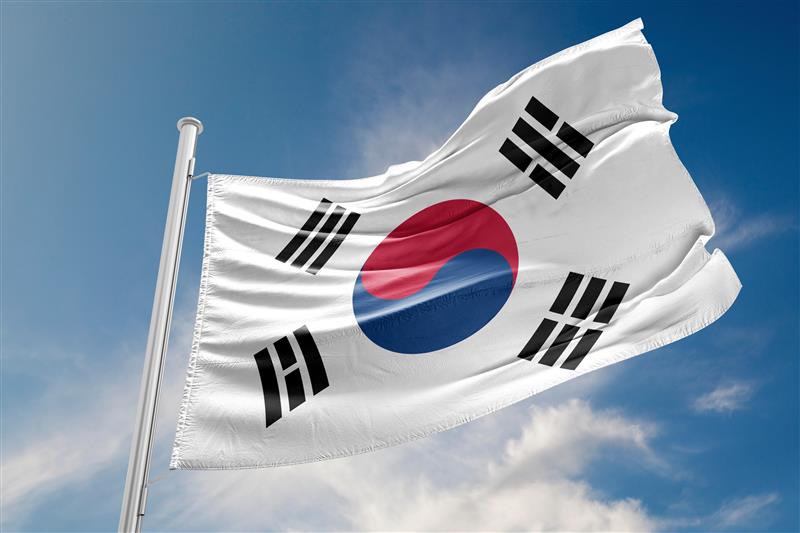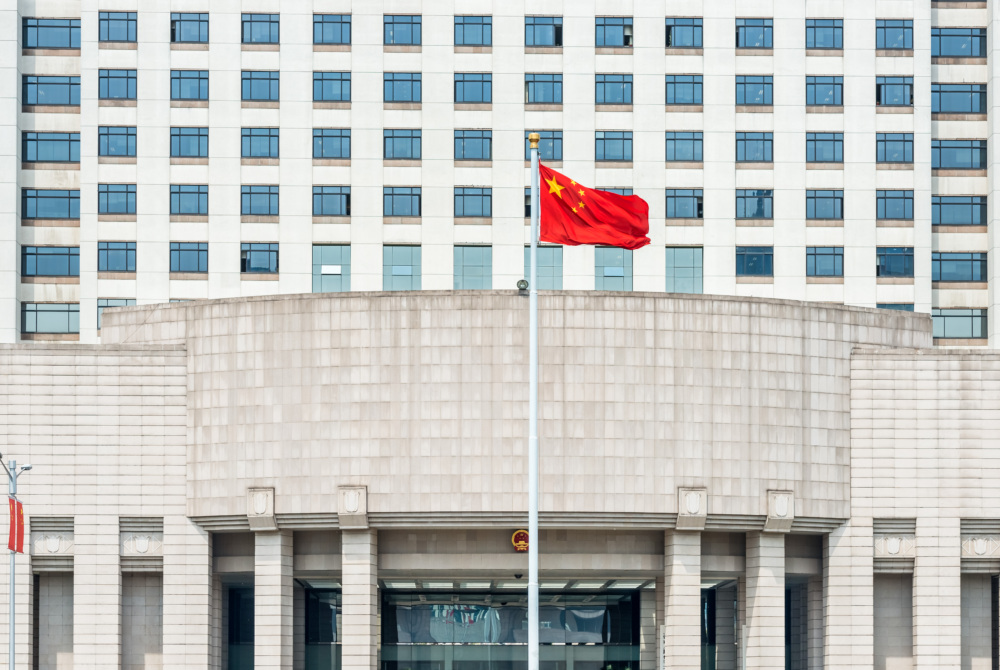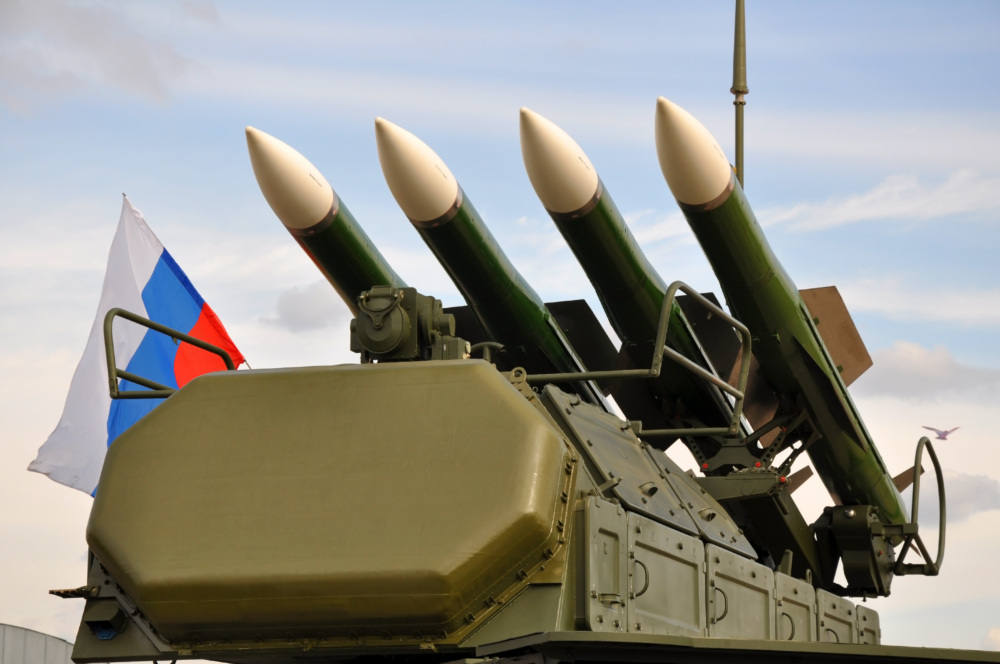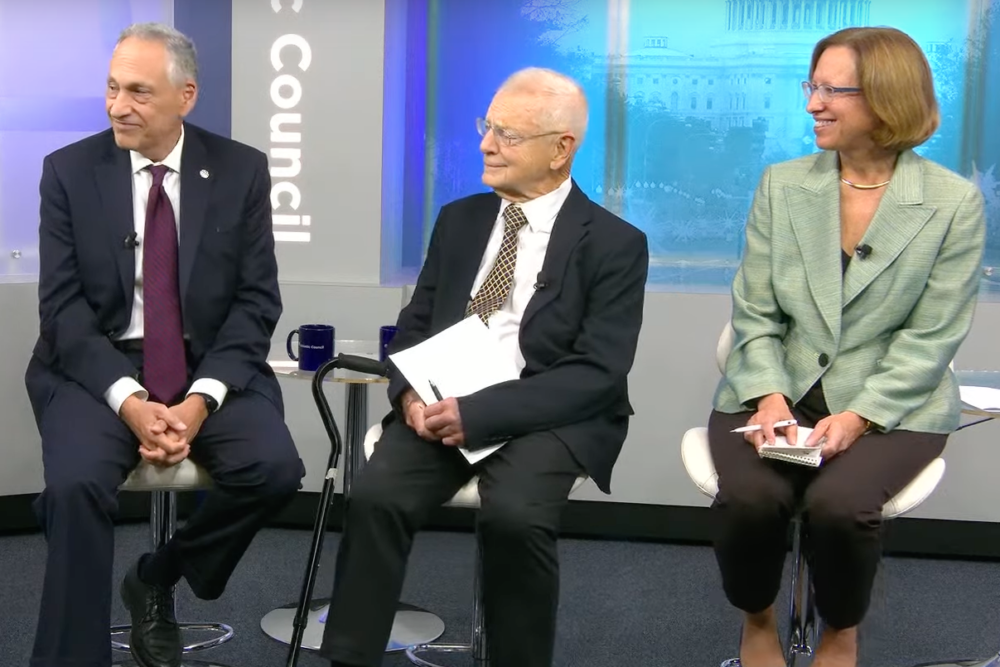
Avi Kirpekar
Former Intern, NTI
Atomic Pulse
When it comes to nuclear weapons and the Korean Peninsula, nearly all the attention goes to North Korea’s illicit nuclear and ballistic missile programs. But a public debate is heating up south of the demilitarized zone (DMZ), with some officials in South Korea asking: Should Seoul pursue a nuclear weapons program, too?
First, some context. Russia’s thinly veiled threats of using nuclear weapons in Ukraine combined with China’s expanding nuclear arsenal and increasingly tense relationship with the United States—and U.S. allies in the Indo-Pacific—have created a geopolitical environment in which the possibility of nuclear use is more plausible than at any time since the darkest days of the Cold War.
South Korea’s regional threat environment is deteriorating, thanks to China’s increasingly aggressive posture and North Korea’s maturing nuclear and missile programs—with no diplomatic efforts underway to reverse any of these trends. As the world awaits the anticipated seventh North Korean nuclear test, prospects for denuclearization on the Korean Peninsula continue to diminish. Pyongyang has cited joint South Korea-U.S. military exercises and warming South Korea-Japan relations to justify its escalatory threats, increased missile tests, simulated military responses, and provocative rhetoric.
Amid these troubling regional developments, South Korean officials have started questioning the quality and durability of the United States’ commitment to its defense, prompted in part by statements from former President Trump questioning the value of the South Korea-U.S. alliance. In light of China and North Korea’s capability to strike the United States, some are now asking: In a crisis with either Pyongyang or Beijing, would Washington trade San Francisco for Seoul?
While the debate is currently theoretical, it is not just among fringe factions in South Korean politics. In fact, several senior members of the ruling conservative People Power Party (PPP) are calling on the country to seriously consider acquiring nuclear weapons. The officials include the mayor of Seoul and even President Yoon Suk Yeol (though he later walked his comments back). Public polling data is equally concerning: a 2021 survey by the Chicago Council on Global Affairs and the Carnegie Endowment for International Peace shows 71% of South Koreans are in favor of developing an indigenous nuclear weapons program. Furthermore, the public overwhelmingly prefers the development of an independent arsenal (67%) over the redeployment of U.S. tactical nuclear weapons to the Korean Peninsula (9%). Though critics rightly point out that the potential negative consequences of proliferation have not yet been fully or consistently explained to the South Korean public, it is becoming clear that this debate is turning more salient in the country.
A recent report published by the Korea Economic Institute of America identifies several drivers of South Korean public opinion on nuclear weapons. First, changing threat perceptions of North Korean nuclear capabilities and waning confidence in the United States’ extended deterrence commitment make South Koreans feel less confident in their current security situation. Combined with the second dynamic—a growing perception of insufficiency in conventional capabilities to deter Pyongyang—it is clear that many South Koreans believe the military balance on the Korean Peninsula is becoming unsustainable and less in their favor. Third, geopolitical developments in Ukraine have demonstrated to some in South Korea that the world has entered a new nuclear age in which possessing nuclear weapons may be the only way to deter an invasion by a nuclear-armed state. Lastly, a growing nationalist sentiment has encouraged the South Korean public to view nuclear weapons as a symbol of prestige that can simultaneously increase confidence in the country’s security and deter North Korean aggression. In general, the South Korean public and strategic elite seem to desire greater agency in their national security, which some believe nuclear weapons can provide.
To be clear, South Korea is a long way from developing a nuclear weapon, both technically and politically. Despite having a “latent triad” and one of the most sophisticated civilian nuclear programs in the world, South Korea still lacks the uranium enrichment or plutonium reprocessing capacity necessary to produce the fuel for a nuclear weapon. Seoul has been a strong leader in the international nuclear order, engaging deeply in the Nuclear Non-Proliferation Treaty (NPT) regime and using the treaty as a basis to denounce North Korean nuclear proliferation. Thus, pursuing an indigenous nuclear weapons program would contradict its leadership on nonproliferation efforts. Moreover, by developing a nuclear arsenal, South Korea would risk severely weakening its relations with the United States, its most important security ally, and its standing in the international community.
While the public debate continues, the South Korean government and public must confront and engage with the negative strategic consequences of developing an indigenous nuclear weapons program. Although South Korea is unlikely to decide to produce nuclear weapons in the near term, there are several converging factors that suggest their interest in nuclear weapons must be taken seriously and requires proactive diplomatic steps by the United States and others in the international community to avert.
Sign up for our newsletter to get the latest on nuclear and biological threats.
Amid uncertainty around China’s expanding nuclear program and silence from Beijing about the intent behind the build-up, a new report offers details about China’s nuclear program that suggest significant implications for U.S. and global security.
Putin’s announcement is a significant blow to the last remaining strategic arms control agreement between the world’s two largest nuclear powers and to the fraying Euro-Atlantic security architecture more broadly.
Lynn Rusten, vice president of NTI’s Global Nuclear Policy Program, shares her reaction to the 2023 Strategic Posture Report during a panel event at the Atlantic Council.



